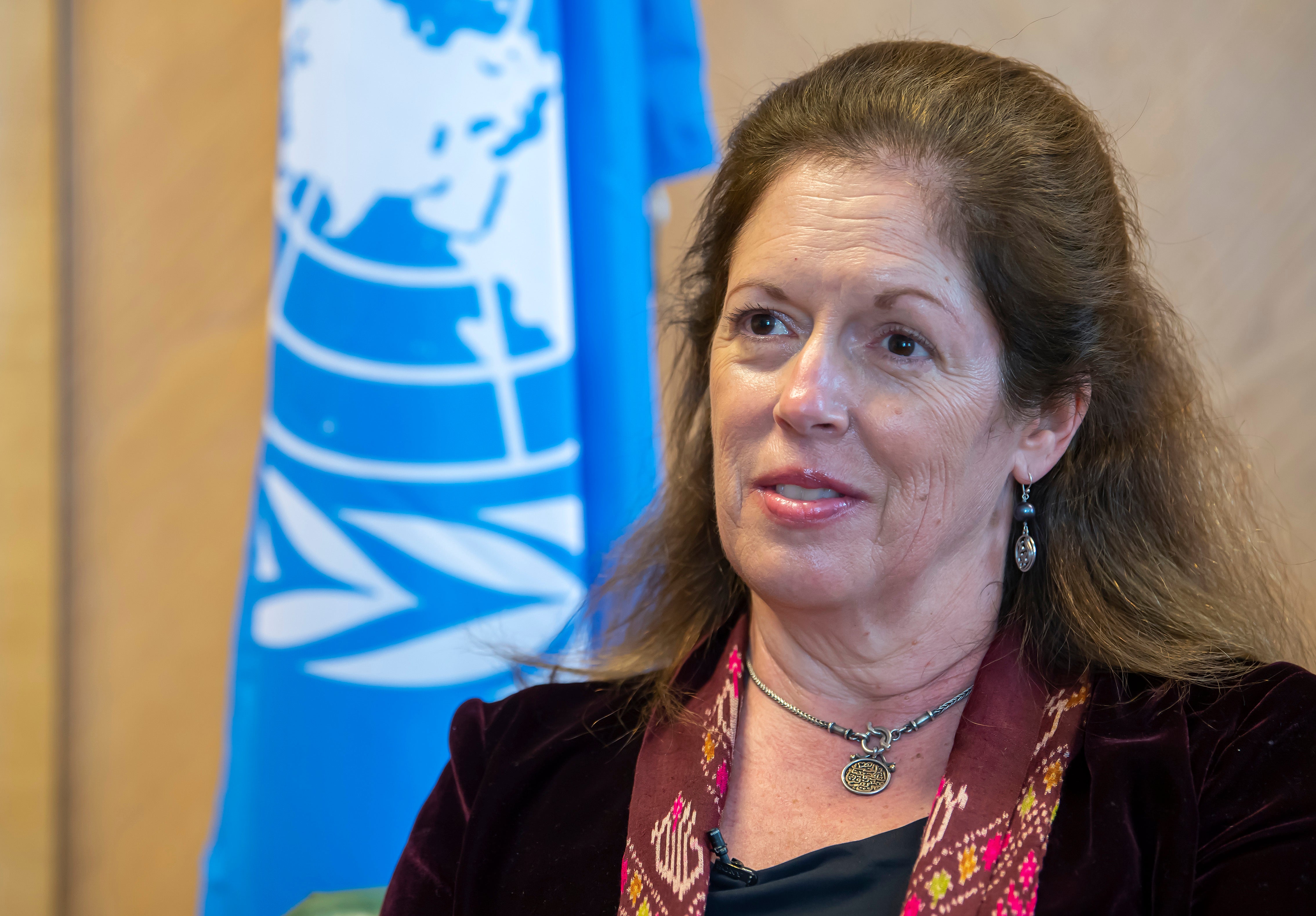Libya's factions head into run-off on interim government
Delegates form Libya’s warring sides are narrowing down the candidates for their interim government to two lists

Your support helps us to tell the story
From reproductive rights to climate change to Big Tech, The Independent is on the ground when the story is developing. Whether it's investigating the financials of Elon Musk's pro-Trump PAC or producing our latest documentary, 'The A Word', which shines a light on the American women fighting for reproductive rights, we know how important it is to parse out the facts from the messaging.
At such a critical moment in US history, we need reporters on the ground. Your donation allows us to keep sending journalists to speak to both sides of the story.
The Independent is trusted by Americans across the entire political spectrum. And unlike many other quality news outlets, we choose not to lock Americans out of our reporting and analysis with paywalls. We believe quality journalism should be available to everyone, paid for by those who can afford it.
Your support makes all the difference.Delegates form Libya’s warring sides on Friday narrowed down the candidates for their interim government to two lists, each representing key provinces of the war-stricken country the United Nations said.
The Libyan Political Dialogue Forum, with 74 envoys from around Libya, convened near Geneva to cast ballots for the four lists of candidates running for the interim authority that will oversee Libya as part of an effort to rebuild state institutions and lead to a national election on Dec. 24.
As no list secured the required 60% of votes from the delegates in the first round, a run-off was expected between the two lists with the highest number of votes, said the U.N. mission in Libya.
The voting is taking place under the mediation of the U.N. secretary-general’s acting special representative for Libya, Stephanie Williams, in hopes of bringing stability to the North African country that has been largely lawless since Moammar Gadhafi’ was toppled and killed in 2011.
Since 2015, Libya has been divided between two governments, one in the east and another in the west of the country, each backed by a vast array of militias. In April 2019, Khalifa Hifter, a military commander allied with the eastern government, launched an offensive to capture the capital, Tripoli. His campaign failed after 14 months of fighting. In October, the U.N. convinced both parties to sign a cease-fire agreement and embark on a political dialogue.
Each of the two final lists has candidates for the three-member Presidency Council and the post of prime minister.
The list that got the highest number of votes in the first round earlier Friday includes Aguila Saleh, the politically savvy speaker of Libya's eastern parliament who is running for president of the Presidential Council. The same list includes Fathi Bashagha, the powerful interior minister in the western government who hopes to seize the premiership. Saleh and Bashaga's list, which secured 25 votes, is believed to be backed by foreign countries including the U.S., Turkey and Egypt.
The runner-up list has Mohammad Younes Menfi, a Libyan diplomat with a support base in the country's east, as a nominee for the presidency of the Presidential Council. It also has as a premier hopeful, Abdul Hamid Mohammed Dbeibah, a powerful businessman backed by western tribes.
The threshold for the second round is a simple majority of 50% plus one vote, the U.N. mission said.